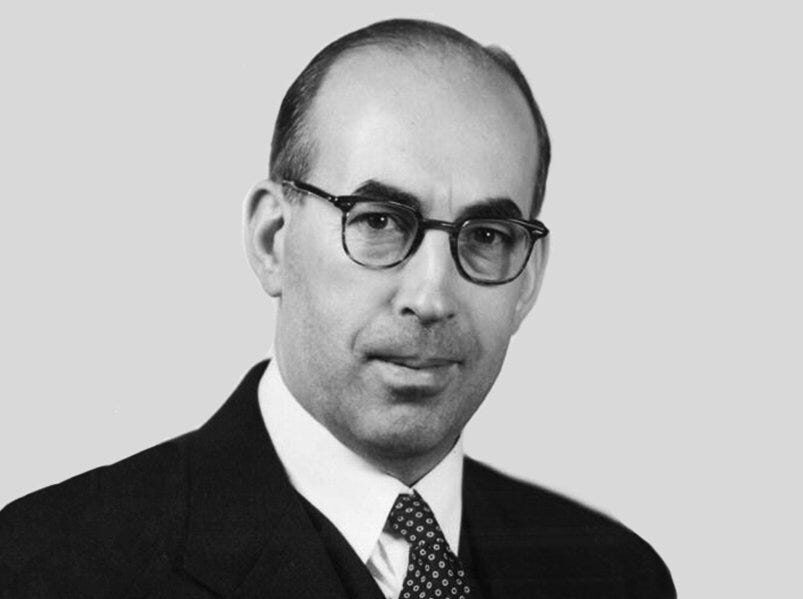
Philip Fisher is widely regarded as one of the most influential investors of all time. Known as the pioneer of growth investing, Fisher’s investment philosophies and techniques have profoundly impacted modern investment strategies. His seminal work, “Common Stocks and Uncommon Profits,” is a must-read for investors seeking to understand the art of investing in growth stocks.
Born on September 8, 1907, in San Francisco, California, Philip Arthur Fisher showed an early interest in finance and economics. He attended Stanford University, where he studied business administration. After leaving Stanford in 1928, Fisher began his career as a securities analyst, eventually founding his own money management firm, Fisher & Company, in 1931.
Philip Fisher’s investment philosophy centers on investing in outstanding companies with significant growth potential. Unlike value investors who focus on undervalued stocks, Fisher sought companies that could deliver exceptional returns over the long term due to their innovation, management quality, and market position.
Fisher believed in holding investments for the long haul, famously stating, “The best time to sell a stock is almost never.” His approach involves thorough qualitative analysis, often referred to as “scuttlebutt,” which includes gathering information from a company’s customers, suppliers, competitors, and employees to gain a comprehensive understanding of its operations and prospects.
In “Common Stocks and Uncommon Profits,” Fisher outlines 15 key points to consider when evaluating a company for investment. These points are divided into two categories: management’s characteristics and the characteristics of the business itself.
One of Fisher’s most famous investments was in Motorola, a company he identified early on as having significant growth potential. He invested in Motorola in 1955 and held the stock until his death in 2004. This long-term investment exemplifies his philosophy of holding high-quality growth stocks indefinitely.
Philip Fisher’s influence extends to some of the most successful investors in history, including Warren Buffett. Buffett has cited Fisher’s works as instrumental in shaping his own investment strategy, blending Fisher’s growth investing principles with Benjamin Graham’s value investing concepts.
Fisher’s emphasis on qualitative analysis and understanding a company’s management and operations deeply has become a standard practice among successful investors. His methods encourage investors to look beyond financial statements and consider the intangible factors that contribute to a company’s long-term success.
Philip Fisher authored several influential books that remain relevant to investors today:
“The stock market is filled with individuals who know the price of everything, but the value of nothing.”
“I don’t want a lot of good investments; I want a few outstanding ones.”
“The greatest investment reward comes to those who research the best companies, invest in them early, and hold onto them for the long term.”
Philip Fisher’s contributions to the field of investing are invaluable. His pioneering work in growth investing and his emphasis on qualitative analysis have left an enduring legacy. For investors looking to adopt a long-term, growth-oriented approach, studying Fisher’s principles offers profound insights into selecting outstanding companies poised for significant growth.
Explore more investing insights and tools at Stock Investor IQ.
Disclaimer: Stock Investor IQ is not an investment adviser, brokerage firm, or investment company. The information on this website is provided ‘as is’ and may not be accurate or up to date. You must perform your own due diligence before making any investment decisions. We are not liable for any losses or damages arising from the use of this information. See our Terms of Use for more details.
Copyright © 2024 Stock Investor IQ
Please tell us what improvements would make your experience on our website better? Feel free to provide details!